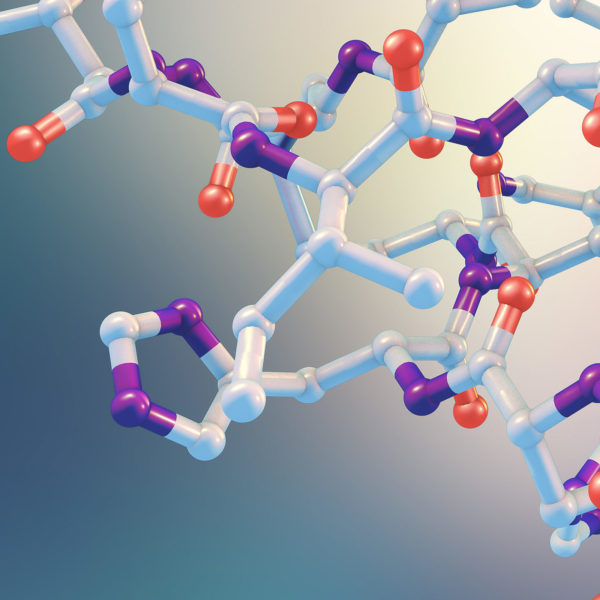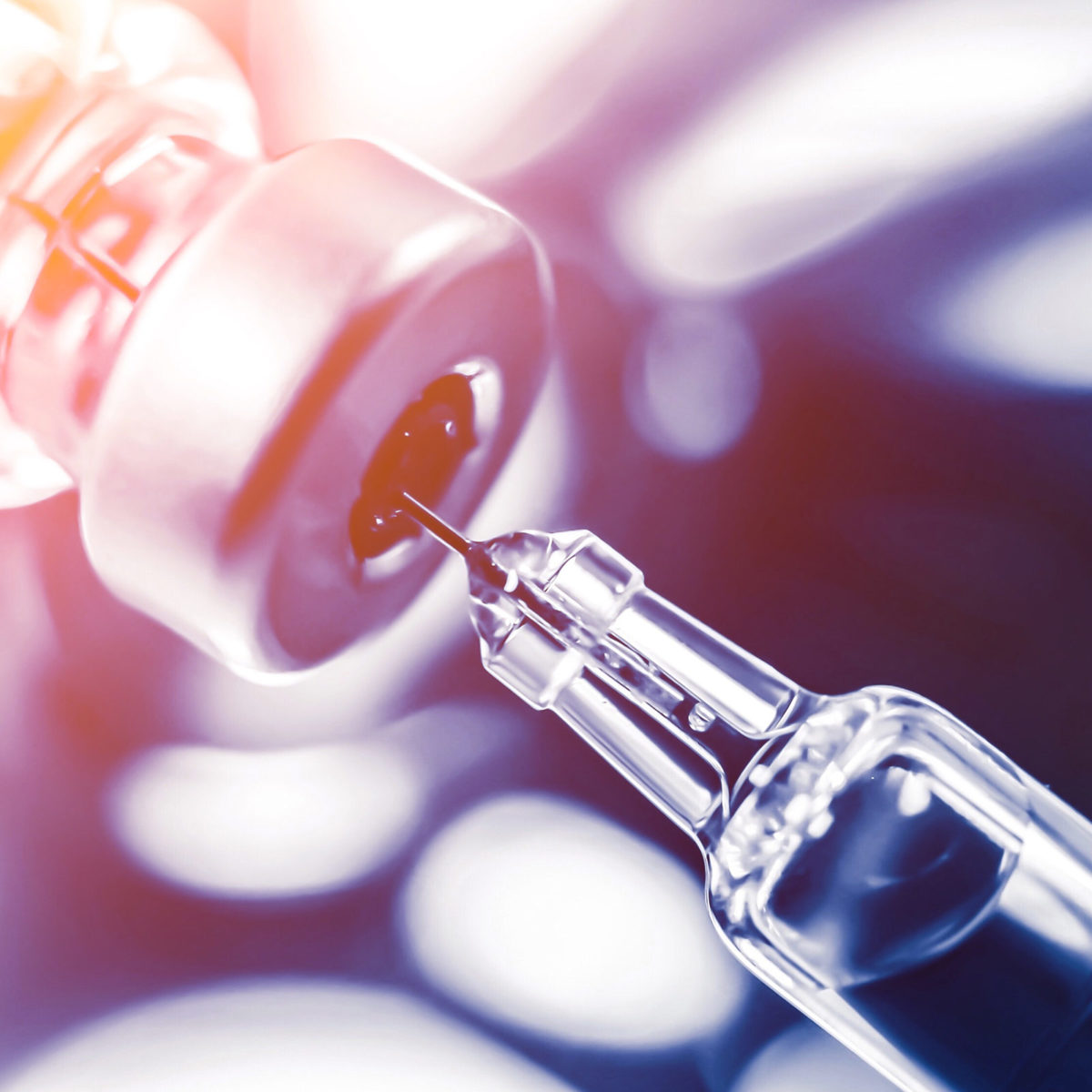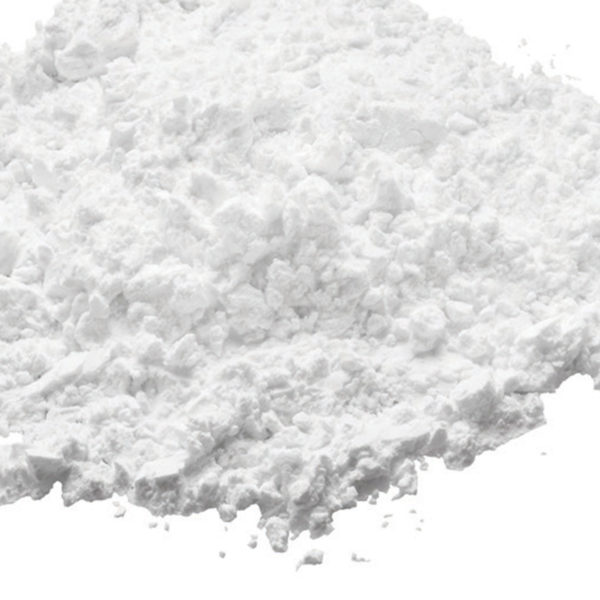RECOMBINANT PEPTIDES / INSULIN
As therapeutic peptides are trending longer and longer, they become more challenging to produce synthetically with acceptable yield. Therefore, technologies using recombinant DNA are quite common for longer polypeptides. Recombinant peptides are typically produced from microbial expression systems such as bacteria or yeast.
These large peptides can be up to 6 kD in molecular weight. The first and most famous peptide to be produced recombinantly was insulin, a 51 amino acid chain.

Therapeutic Peptides Produced Through
Recombinant Technology
Insulin
approved in 1982 (51 amino acids)
Calcitonin
approved in 2002 (32 amino acids)
Ecallantide
approved in 2009 (60 amino acids)
Teduglutide
approved in 2012 (33 amino acids)
Purification Challenges That We Solve
The purification of recombinant peptides is challenging, as these molecules are prone to self-aggregation and fibrillation. The peptide fibrils block the mobile phase flow in the HPLC column diminishing resolution, worsening separation and raising the column back pressure. Simply packing fresh silica is economically unfeasible and re-packing the column will mechanically damage the silica particles.
The best solution is CIP with NaOH solution; the double action of NaOH cleaving the fibrils and the desorption by the organic solvent (such as acetonitrile) results in the successful removal of the fibrils from the column. DAISOGEL offers two series of silica gel that provide the required alkaline stability for sustained recombinant peptide purification, including our newest premium phase.


Our Premium Phase
DAISOGEL has developed a premium silica gel product with mechanical durability resistance to high pH and great loadability. We call it PK Series – the ideal silica gel for sustainable purification of recombinant peptides.
Go to PK seriesBulk Silica Gels for Recombinant Peptide Purification
The following DAISOGEL products are suitable for the purification of recombinant peptides. Click on a pore size to learn more.
Did you know?
Led by long-acting insulins, the market size for recombinant insulin is expected to grow from $27B in 2018 to $48B in 2026.
